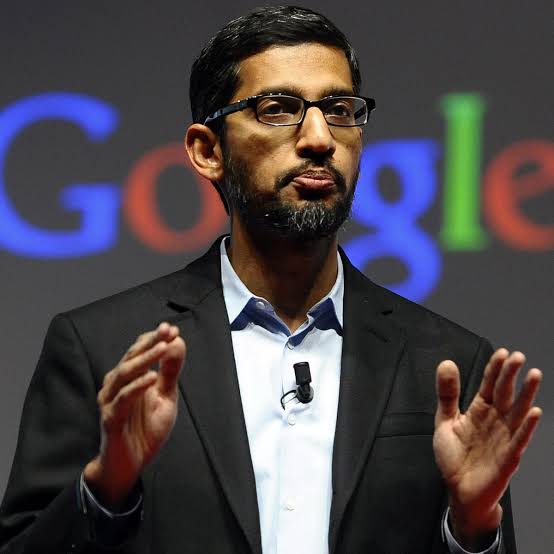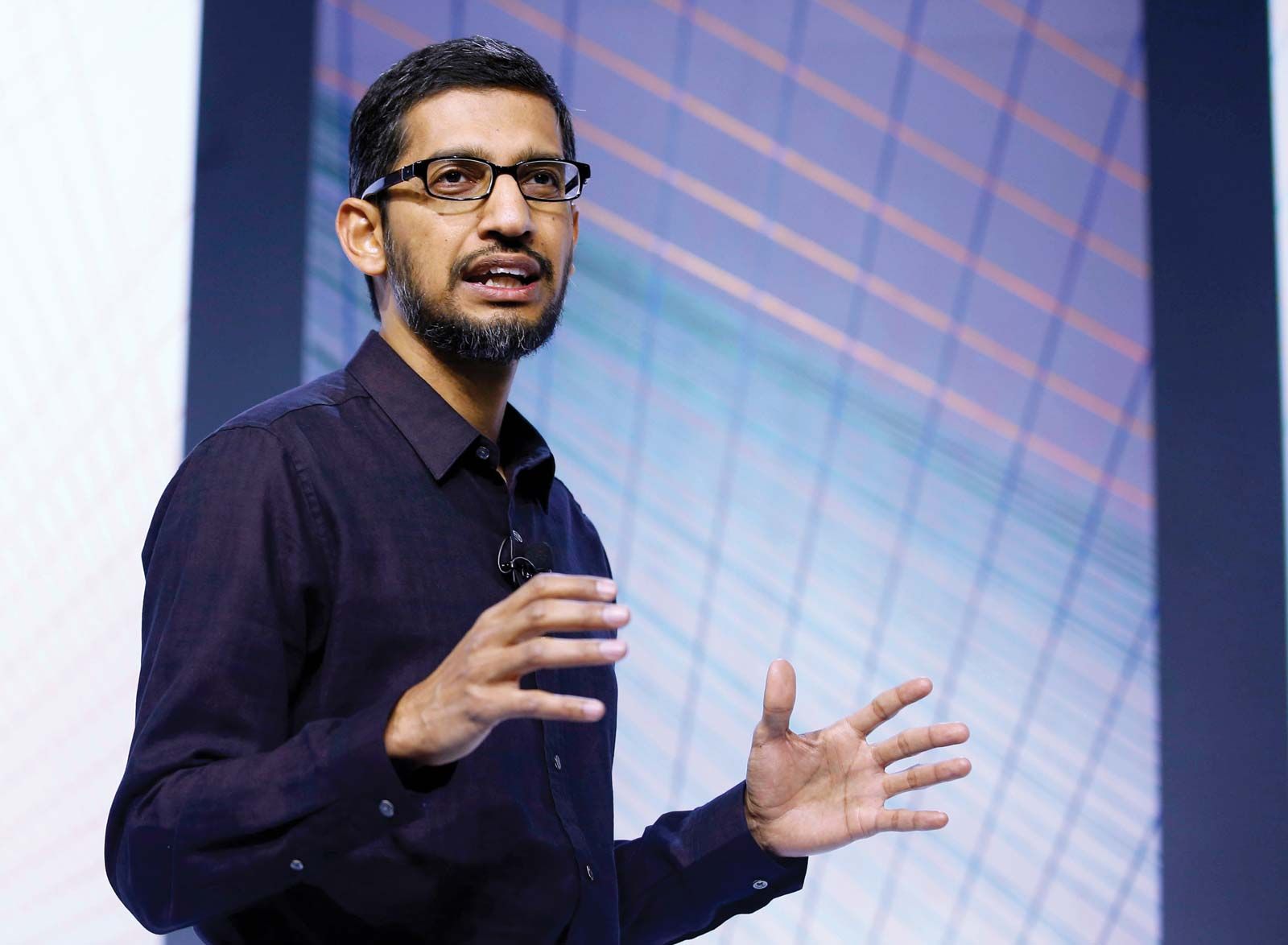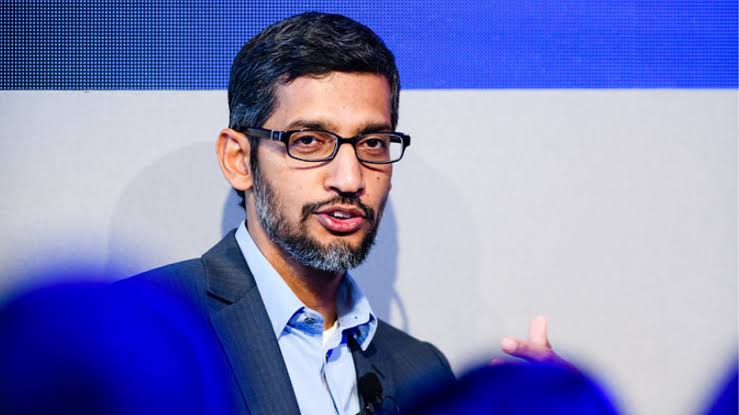In a recent statement, Sundar Pichai, CEO of Google, emphasized the pivotal role of artificial intelligence (AI) in fortifying defenses against cyber threats. Acknowledging concerns over AI’s potential misuse, Pichai highlighted its capacity to expedite threat detection and response, crucial for both governments and companies facing evolving digital adversaries.

According to CNBC, global cyberattacks incurred an estimated $8 trillion in damages in 2023, a figure projected to escalate to $10.5 trillion by 2025, as reported by Cybersecurity Ventures. In response to escalating threats, Britain’s National Cyber Security Centre, a division of GCHQ, voiced concerns that AI could exacerbate cyber risks by reducing entry barriers for hackers and facilitating more sophisticated malicious activities, including ransomware attacks.
Pichai countered this narrative by asserting that AI also accelerates defenders’ capabilities, curtailing the time required to identify and counter assaults. This, he noted, mitigates the “defenders’ dilemma,” a concept referring to the challenges defenders face in outpacing adversaries’ innovations.

Google recently unveiled a proactive initiative aimed at bolstering online security through AI-driven tools and infrastructure investments. Among these offerings is Magika, a free, open-source tool engineered to identify malware, a prevalent form of malicious software. Pichai affirmed that these resources are already integrated into Google’s flagship products, such as Chrome and Gmail, enhancing their resilience against emerging cyber threats.

As the digital landscape continues to evolve, AI emerges not only as a potential risk multiplier but also as a formidable ally in the ongoing battle for cyber resilience. Through strategic investments and collaborative efforts, stakeholders can harness AI’s transformative potential to safeguard the integrity of digital ecosystems worldwide.
- Tags: google, IT, Magika, Sundar Pichai





